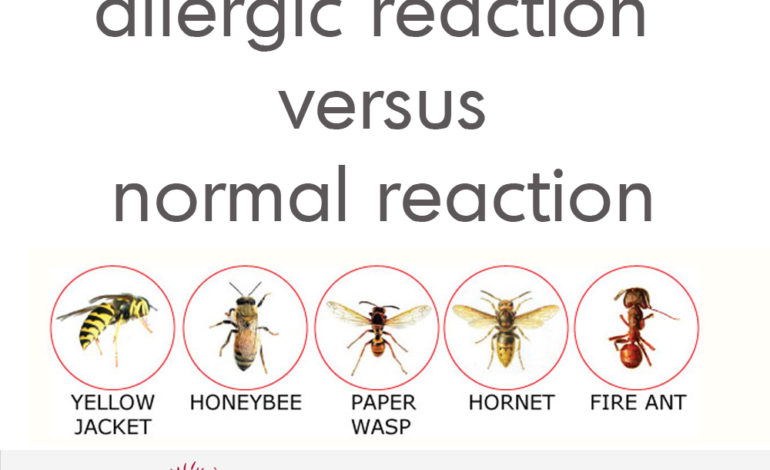
Allergic Reaction To Wasp Sting Icd 10. New code first year of non-draft ICD-10-CM. Z91038 is a billablespecific ICD-10-CM code that can be used to indicate a diagnosis for reimbursement purposes. Toxic effect of venom of wasps 2016 2017 2018 2019 2020 2021 Non-BillableNon-Specific Code T6346 should not be used for reimbursement purposes as there are multiple codes below it that contain a greater level of detail. BILLABLE CODE - Use Z91030 for Bee allergy status.

The following code s above Z9103 contain annotation back-references that may be applicable to Z9103. Specific Coding for Insect allergy status. What would be the appropriate ICD-10 code to choose. Non-specific codes like Z9103 require more digits to indicate the appropriate level of specificity. Assume that a patient provides a history of reaction to beewasphornets stings is skin tested and skin testing is negative. Localised reactions to bee and wasp stings Allergic reactions to bee and wasp sting Toxic envenomation Venom immunotherapy desensitisation.
The 2021 edition of ICD-10-CM T63441A became effective on October 1 2020.
Use a child code to capture more detail. The ICD-10-CM code T63461 might also be used to specify conditions or terms like allergic reaction caused by hymenoptera venom allergic reaction caused by hymenoptera venom allergic reaction to insect venom allergic reaction to insect venom allergic reaction to wasp sting. The 2021 edition of ICD-10-CM Z9103 became effective on October 1 2020. Patient presents with history of reactions to beewasphornet stings and is skin tested. Anaphylaxis occurs when your body goes into. If the patient had not been recently stung and has not been actively treated by a provider the appropriate code would be the Z91030.